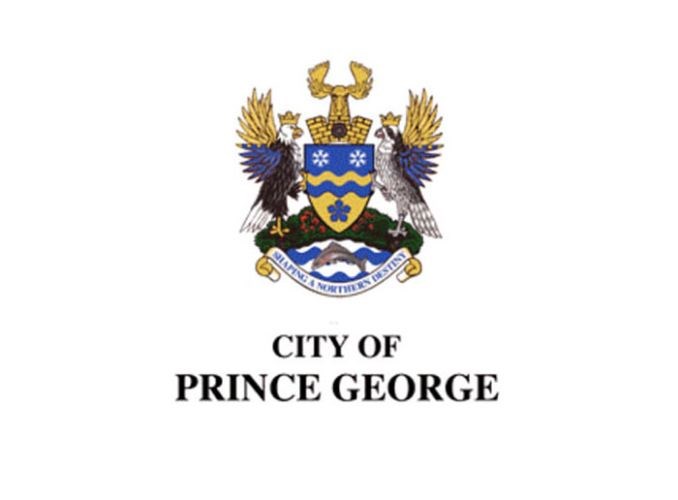It would be easy to pass the buck - literally - to the next batch of municipal representatives, but city council has to embark on a review of their pay.
On Monday afternoon, the city's finance and audit committee approved kicking off the process, which could adjust the pay for mayor and councillors as of Jan. 1, 2015.
The review is legislated to be completed once every three years, in the final year of a council's term.
"It would be this council's decision, but it would not take effect until January of next year," said Mayor Shari Green. "So it's the following council who will receive the benefit or consequence of the decision that we make."
"It's difficult for council remuneration to be reviewed," said corporate services director Kathleen Soltis, noting the body responsible with the final say on the findings are in a "tough spot."
"It's always a tenuous conversation about increasing municipal - whether it be board of education or regional district or city council - wages, especially given the timing," said Coun. Lyn Hall. "But I think it's a good process."
The review is done at this time of year so that the salary can be decided on in advance of the municipal election, in case it plays a role in someone's decision whether to run for office, said Soltis.
The last review in 2011 by a council-appointed committee concluded that each councillor's pay would be set at one-third of the mayor's salary with annual adjustments equaling the lesser of the wage increases the city's exempt staff received or the average of the public administration industry.
A market analysis conducted in 2010 found the local council pay was well below the average of comparable communities and that the mayor's pay was on par with the average.
The base salary set for council, effective Jan. 1, 2012, was brought up to by nearly 30 per cent to $30,929.30 while the mayor's salary was not increased, coming in at $92,787.89.
"I can tell you, it was the same level of 'gee do we really have to do this conversation,' three years ago," said Green. "The fact of the matter is, if every council always said 'oh we'd rather not be the one to do it' when does someone actually do it? When do you fairly analyze what is reasonable?"
The 2011 committee recommended a review be completed every three years to keep the gaps between Prince George and other communities from growing in either direction.
A change staff are recommending be made to the review process is that instead of hand-picking the advisory committee, it be left to open application, like all other city advisory committees.
The last committee was made up of a former city councillor, a former city employee, a former P.G. Chamber of Commerce president and a local businessperson.
A five-person committee would examine the wages in Coquitlam, Kelowna, Saanich, Langley, Delta, North Vancouver, Nanaimo and Victoria and return their recommendations to council by June 30 regarding salary, per diems, expenses, benefits and a technology allowance.
Based on a 2013 report commissioned by the city of Kamloops, the salaries for the comparable communities were as follows:
Coquitlam - mayor: $123,696.30, council: $53,835.60
Kelowna - mayor: $89,457.91, council: $31,310.27
Saanich - mayor: $93,654.01, council: $36,990.64
Langley - mayor: $106, 312, council: $42,936
Delta - mayor: $110,653, council: $47,654
North Vancouver - mayor: $97,187.32, council: $38,874.92
Nanaimo - mayor: $87,558, council: $32,405
Victoria - mayor: $99,715, council: $39,886
The advisory committee won't be struck until council as a whole formally approves the finance and audit committee recommendation.
Having a separate committee conduct the review is the best move, said Coun. Cameron Stolz, who said discussions with other municipal leaders from across the country about reviewing compensation range from "anything from throwing darts at a board to having councillors just decide for themselves what they're going to be remunerated at," he said. "The policy that we ultimately adopted was, from a political standpoint is the most hot-potato one because it's right before the election, but as far being clear and transparent, it is the most clear and transparent method out there."



